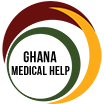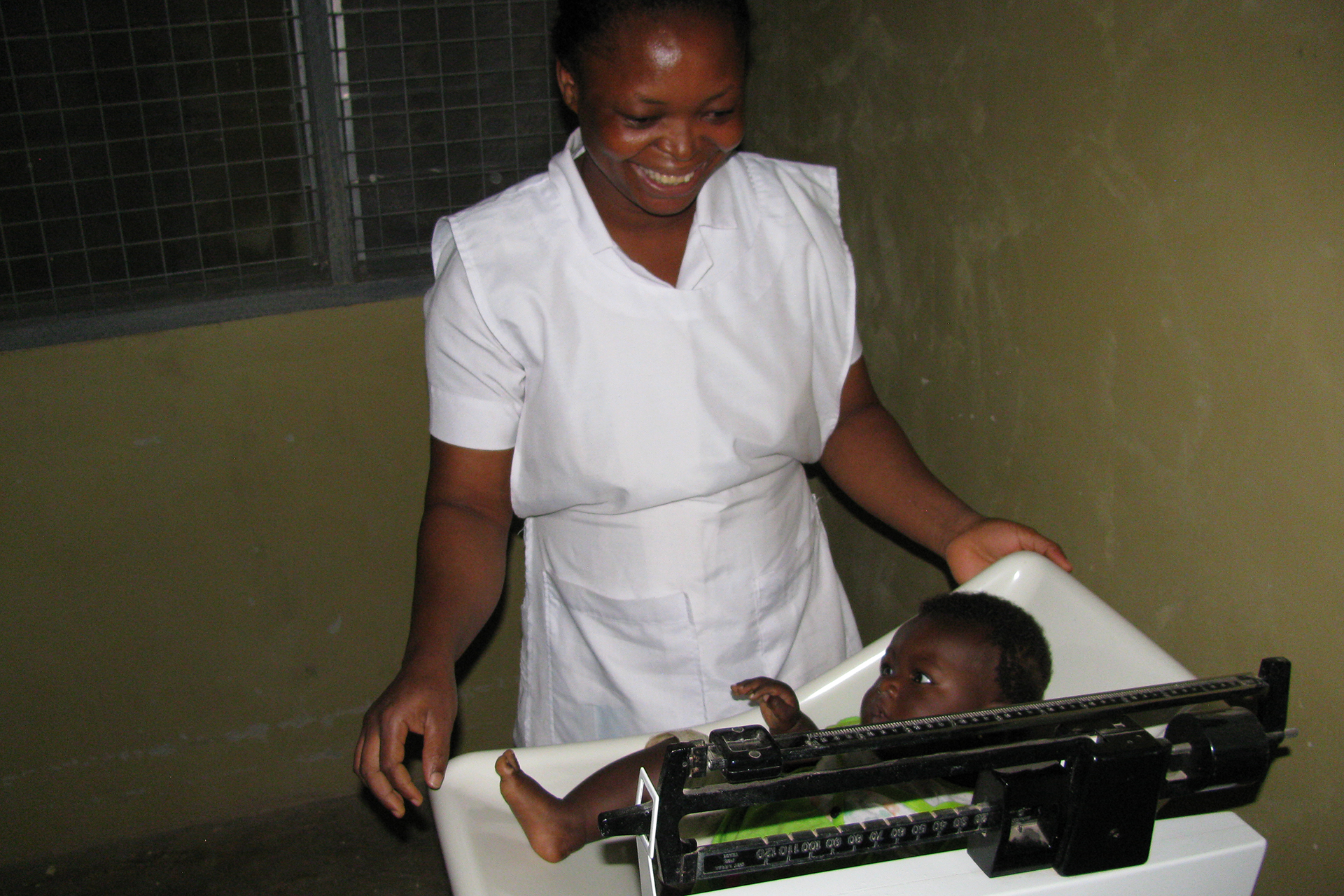The Rural Emergency Medicine Project was established as an intermediate level solution for emergency situations, when hospital care is either geographically or financially inaccessible. Despite their critical position as the only immediate source of emergency care for many isolated, impoverished communities, most rural nurses lack the training and the resources required to respond effectively in an emergency.
Designed in partnership with Ghana Health Services, the University of Limerick and the University Limerick Hospital Group in Ireland, this project is building the capacity of local health clinics to deliver lifesaving emergency care through specially tailored clinical training and the provision of basic emergency medical kits. This project effectively trained and equipped rural nurses from over 240 community clinics (locally known as CHPS compounds) in the Upper West Region over 3 years. In doing so, the project established a strong cohort of ‘super-trainers’ and trainers, who are able to repeat the delivery of this program where needed in Ghana.
In July 2019, GMH organized an emergency medicine training event for rural hospital nurses from across the Upper East and Upper West Regions. At this event, local experts provided adult and pediatric Basic Life Support (CPR) training, and the Irish-trained ‘super-trainers’ delivered the pre-hospital emergency care program. This was the first time in the history of Ghana Health Service that rural community nurses, considered to be at a ‘lower level’ of training and skill, were training their ‘higher level’ colleagues from health centers and hospitals. It was a tremendous success. Pre- and post-training data showed the concepts were well grasped because of the ease of communication and mutual understanding. Moreover, the friendliness and motivation from seeing their nurse colleagues as trainers was abundant.



